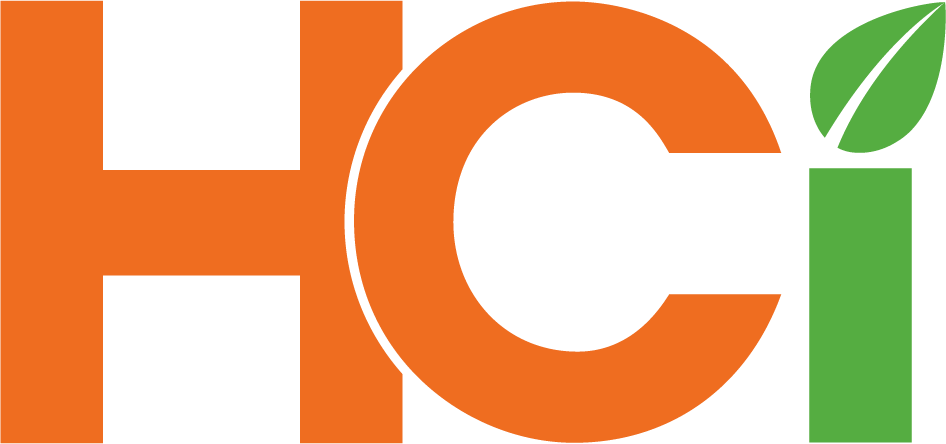HCi Factsheet – outpatient costs and Medicare
Making health insurance easy!
Outpatient costs and Medicare
January 2025
Outpatient costs
Like so many industries, health care and health insurance have their own rules and jargon, and for everyone else that can sometimes be confusing.
For example, do you know the difference between outpatient costs and inpatient costs? Who pays for what? And exactly what is an outpatient anyway?

Inpatient vs outpatient
In simple terms, you are classified as an inpatient once you are admitted to hospital, whether through emergency or for a planned surgery or treatment. This usually means you will be given an ID bracelet, a bed and will sign the National Claim Form. Staying overnight is not mandatory to count as an inpatient.
An outpatient on the other hand covers a broader range of patient-hospital interactions, but the common factor is not being formally admitted to hospital. So, outpatients generally include
- Patients whilst in the emergency department, waiting or being treated,
- Inpatients once discharged, even if having a test or a return check up,
- Patients visiting a doctor’s or specialist’s rooms within a hospital, and
- Appointment based hospital treatments such as x-rays, wound dressing, prenatal classes, and physiotherapy
Hospital costs
As a general guide, if you’re an inpatient using private health insurance, Medicare and/or your private health insurance cover will pay for many of your expenses as an inpatient.
HCi covers 100% of your accommodation and theatre costs for eligible inpatient treatments*, but you will likely have to pay for other incidentals you choose (such as TV, newspapers and the like).
For doctor’s fees, pathology, x-rays and so on, Medicare will cover 75% and HCi covers 25% of scheduled fees*.
Outpatient costs
However, as an outpatient, you may incur some costs (other than within the emergency department). Medicare and your health care extras cover may cover part of some treatments, such as x-rays and doctor’s fees, but there is a good chance you will have some out of pocket expenses to pay.
Those out of pocket expenses cannot be claimed as expenses against your HCi policy as an outpatient.
Comparing outpatients costs and inpatient costs.
| Public emergency department care | Not applicable as an inpatient | Medicare |
| Private emergency department care | Not applicable as an inpatient | Medicare and you) |
| Private hospital accommodation and meals | HCi | Not applicable |
| Public hospital accommodation and meals | Medicare | Medicare |
| Hospital incidental costs | You | You |
| Theatre costs | HCi | Medicare |
| Doctor fees whilst at hospital | HCi 25% & Medicare 75% of schedule fee* | You and Medicare |
| Doctor fees before and after your hospital visit | You and Medicare | You and Medicare |
| Pathology and x-ray services while in hospital | HCi 25% & Medicare 75% of scheduled MBS fee* | You |
| Gap between the scheduled fee and your doctor’s fees | You | You |
* Some doctors charge more than what Medicare deems “an appropriate fee”, in which case you will be responsible for paying any amount above the Government’s scheduled fee. The schedule fees are the fees set out in Commonwealth Medical Benefits Schedule – see What to do if I have out-of-pocket expenses? for additional information.
HCi used its best endeavours to ensure this information was accurate at the time of publication. From time to time, circumstances relating to the subject matter may change which may impact the accuracy of the information. This information is also general in nature and does not take into account any specific health or financial situation. Before making any decisions in relation to this information, you should consider your own financial and health situation and seek professional advice. Health Care Insurance Ltd ABN 43 009 579 088. A Registered Private Health Insurer.


